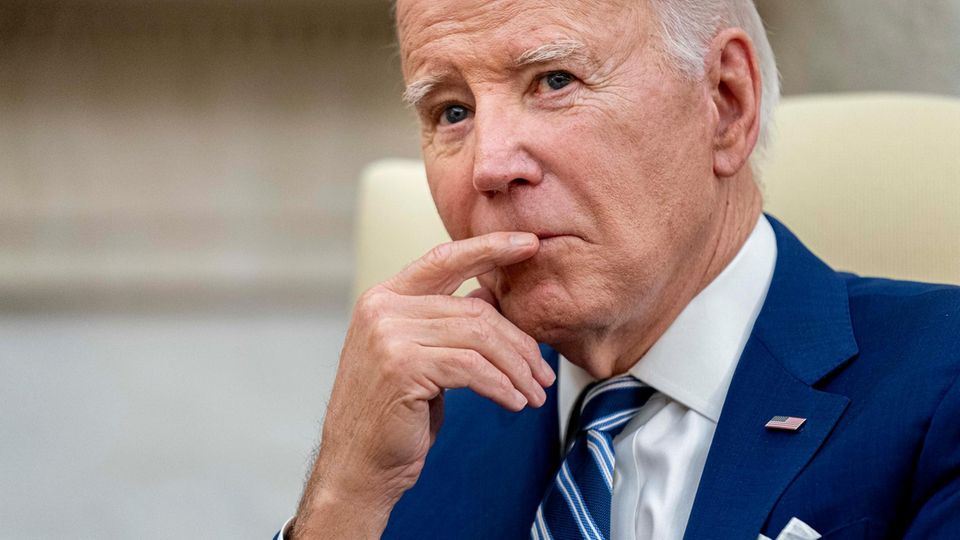Intensive care unit
US Secretary of Defense Lloyd Austin in the hospital again – deputy takes over official duties
US Secretary of Defense Lloyd Austin initially kept prostate cancer a secret. photo
© Kevin Wolf/FR33460 AP/dpa
Lloyd Austin recently came under criticism because of a secret hospital stay. Now the minister is back in the hospital – and the Pentagon is noticeably more transparent.
The doctors added that the current bladder problem is not expected to have any impact on his expected full recovery. The prognosis for his cancer remains excellent. At this point it is not clear how long the minister will stay in the hospital.
On Sunday afternoon (local time), Pentagon spokesman Pat Ryder initially announced that Austin had been taken to a military clinic near Washington at 2:20 p.m. with symptoms of an acute bladder problem. A few hours later it was said that Deputy Hicks had taken over his duties at 4:55 p.m. The Chairman of the Joint Chiefs of Staff, the White House and Congress have been informed.
The Pentagon will provide information about Austin’s health as soon as possible, spokesman Ryder said. Previously it was said that the minister had the necessary means of communication with him to carry out his duties from the hospital.
Previous hospitalization kept secret
At the beginning of the year, the top politician came under criticism for keeping prostate cancer and a hospital stay as a result of complications from a procedure a secret. Even US President Joe Biden didn’t know for several days that his minister was in the hospital – but later confirmed that he wanted to stick with him.
Austin was released from the hospital on January 15th and then returned to work at the Pentagon at the end of January, where he received NATO Secretary General Jens Stoltenberg on the same day. Austin also used the meeting to comment on his health. “I’m feeling and recovering well, but I’m still getting fit again,” assured the 70-year-old.
In the United States, it is common practice for the public to be very closely informed about the health of its top politicians. When it became known that Austin had kept his hospital stay secret, the question arose as to who would actually have the authority in the Pentagon if the defense secretary was absent, given international crises such as the Russian war of aggression in Ukraine and the tense situation in the Middle East. According to reports from US media, Austin’s deputy Hicks stepped in from vacation in Puerto Rico at the beginning of the year and took on some tasks from there.
Austin faced calls for his resignation
Numerous Republicans subsequently emphasized that Austin could not be kept in office, and Democrats also criticized him. The White House also expressed clear concerns about the Pentagon chief’s information policy and ordered that the procedures for such cases be reviewed. The ministry launched internal investigations to ensure that responsibilities were clear and notification chains were functioning in the event of illness.
Prostate cancer is the second most common cancer among men in the United States after nonmelanoma skin cancer. In the early stages, the chances of recovery are generally good. The prostate (prostate gland) is an organ the size of a walnut that surrounds the base of the urethra in men.



